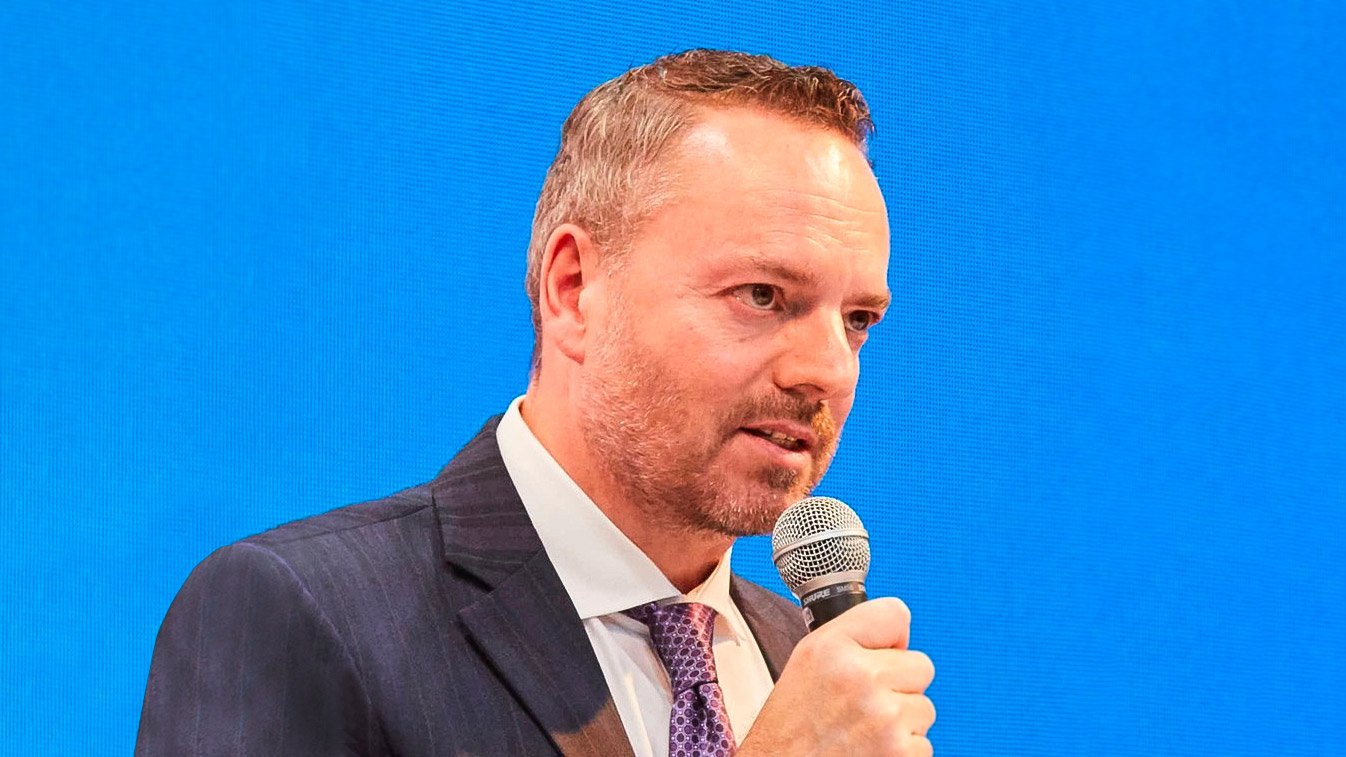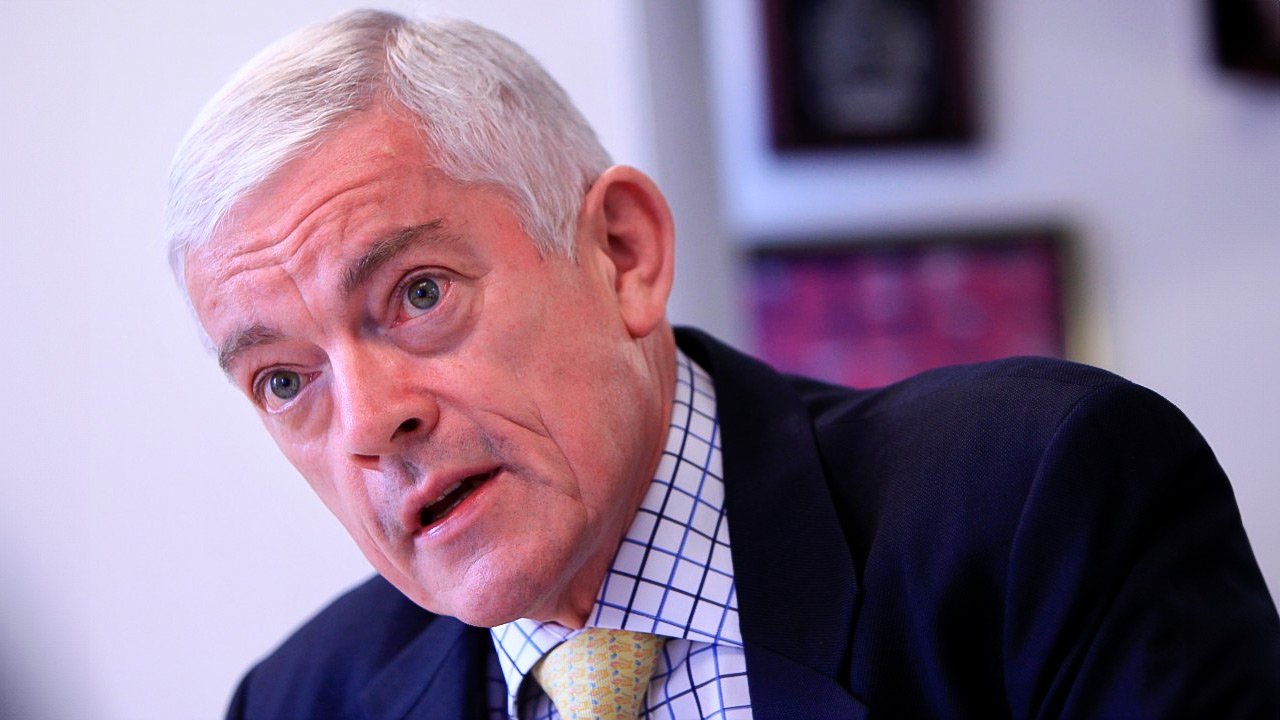During the panel discussion, Chen Si provided an update on the progress of their gaming resort near Seoul, South Korea. He mentioned that the non-gaming facilities of the project are set to open in late 2023, with the gaming operation expected to start in the first quarter of the following year.
He further anticipated that the project’s revenue would be evenly split between gaming and non-gaming activities, with a focus on hosting events, conventions, K-pop, Korean beauty treatments, and other services. The resort’s casino will exclusively cater to foreigners, targeting gamblers from Japan and the Greater China region.
Ed Bowers, the President of Global Development for MGM Resorts International
Additionally, Ed Bowers, the President of Global Development for MGM Resorts International, discussed the progress of their integrated resort project in the Osaka prefecture of Japan in partnership with Orix Corp. This project, with a budget of JPY1.08 trillion ($7.9 billion), has received approval from Japanese authorities to be developed as the first gaming resort in the country.
He also mentioned that the Japanese project is scheduled to open in 2029, allowing for a timeframe of approximately six to seven years. Bowers expressed optimism about the project’s prospects, as it will enjoy a monopoly or duopoly status until the Japanese government approves plans for additional gaming resorts in the country.
Steve Vickers, CEO of risk consultancy Steve Vickers & Associates
Speaking in another panel discussion about regulatory oversight and gaming control in the Asian gaming market, Steve Vickers, CEO of risk consultancy Steve Vickers & Associates, also addressed the recent demise of the casino junket system in Macau.
The surviving junkets and high rollers have spread to other Asian gaming markets, including Cambodia, Vietnam, and the Philippines, but their betting volume has been “softer” than the past volume in Macau, Vickers noted according to Macau Business. He has spent nearly two decades with the Hong Kong police force.
He also pointed out that the crackdown on the Macau junkets and other regulatory actions against cross-border gambling activities by the Chinese government in recent years underlined its commitments to stem capital outflow from the country, which has threatened national security. “The Chinese authorities still seek a silver bullet to ensure control over the movement of funds out of China,” he said. “It’s real. It’s still happening.”
But he emphasized that the junkets “will not disappear but they will evolve” amid the “far more control” from the authorities, as there is still demand from mainland Chinese to move capital out of the country, among others.
In the wake of the demise of Macau junkets and the VIP segment, Vickers addressed that “a major challenge [for the Macau gaming operators] will be the financing of the casinos in Macau as the shift towards mass-market gaming takes place” as their operation was built on the VIP model.
Original article: https://www.yogonet.com/international/news/2023/07/12/67865-g2e-asia-execs-say-macau-39s-vip-gaming-market-hinges-on-operators-39-inhouse-management


















